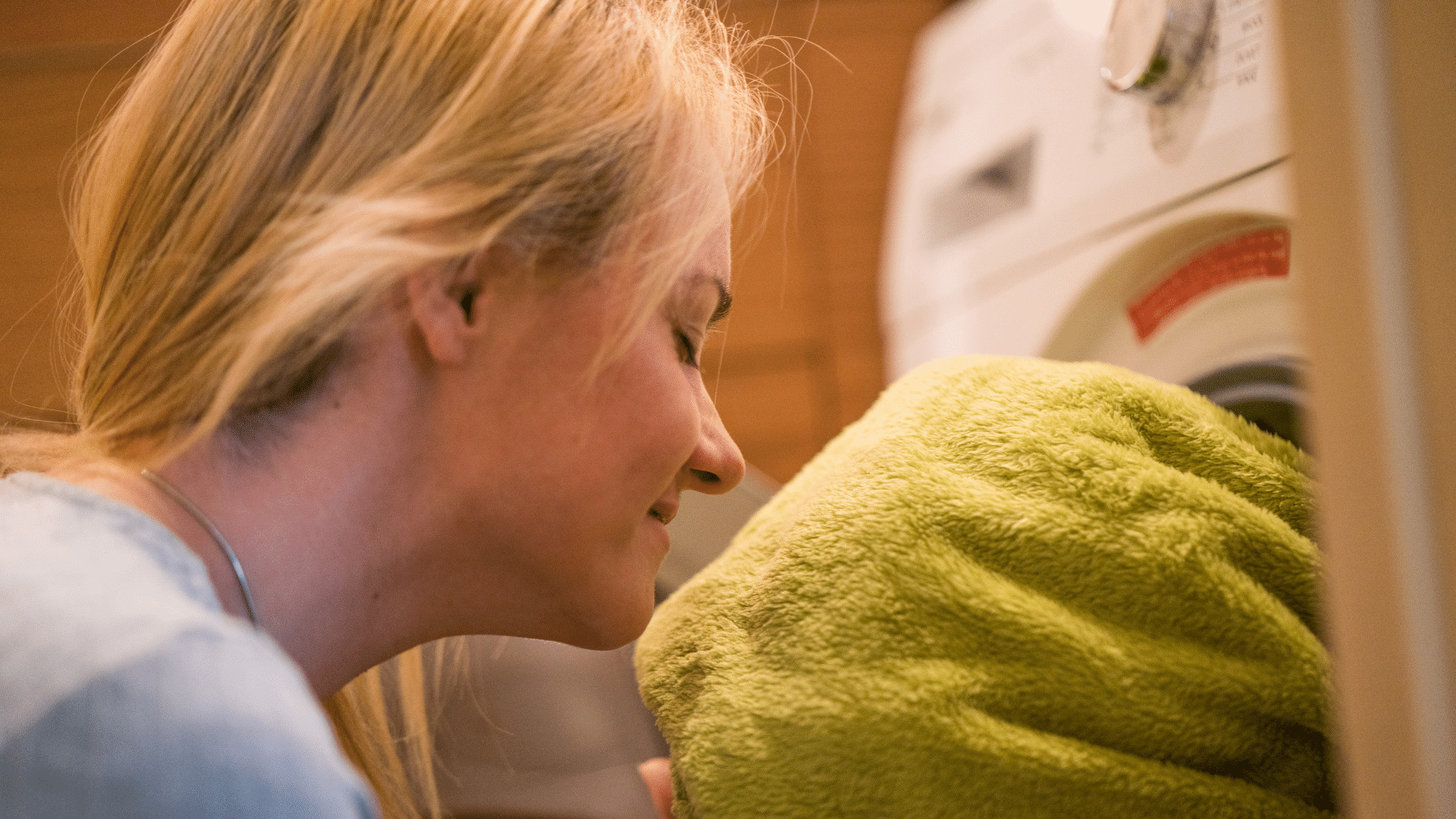Even though I appreciate the aroma, it makes me nauseous. This has an impact on both the mind and the heart. This is comparable to a nightmare. It’s like waking up in the middle of a nightmare. COVID-19 sufferers often lose their sense of smell and taste. Most patients regain their feelings after the virus’s other symptoms have subsided. Others claim that they cannot smell or taste for months after an illness, but this is not universally true.
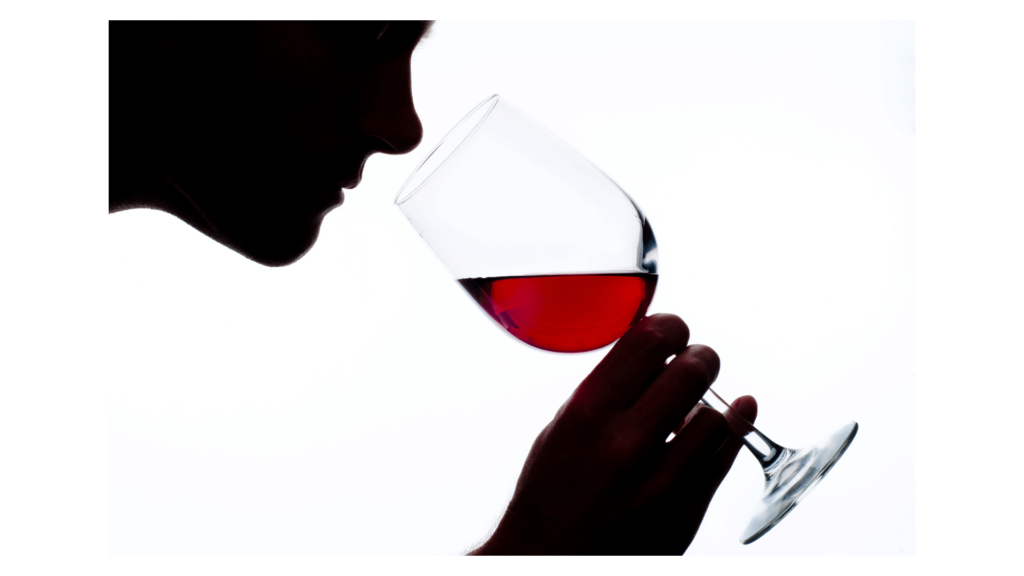
Please also describe the procedure. COVID can enter the body via the nose and lungs, containing ACE receptors. COVID can be given through the nose and lungs because these organs have the most significant concentration of ace receptors. COVID-19 does not affect the taste but affects the first cranial nerve, which governs olfaction. More than 90 per cent of our impression of taste is impacted by fragrance. Food can be tasted by using the nose.
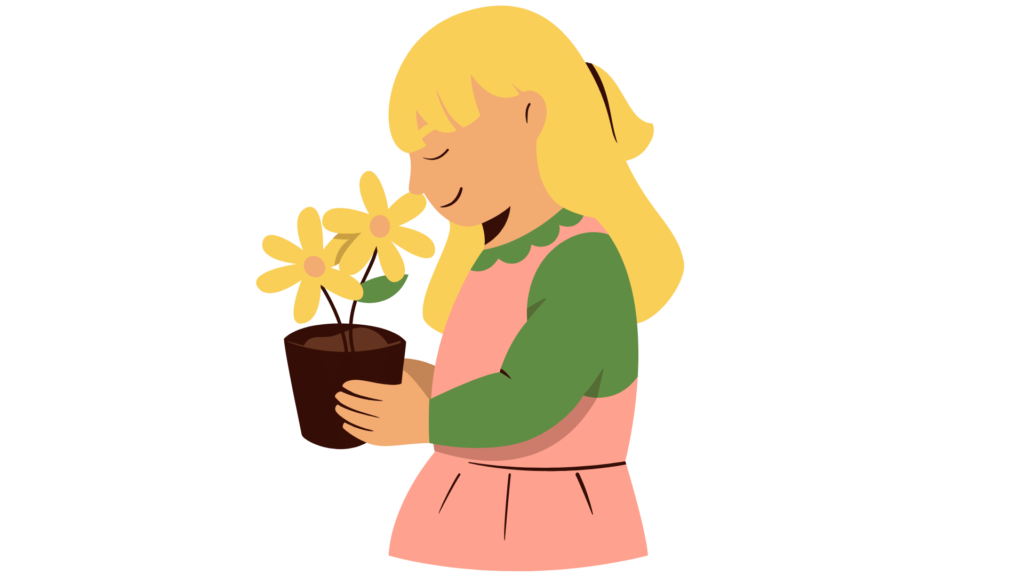
Susan Robins intuition When Neuwirth was diagnosed with COVID in March, her sense of smell was significantly damaged, and she is still battling the consequences. If you’ve ever attempted to burn something, you know there is no odor. It is impossible to detect whether the chicken being prepared for cooking is rotting, whether the house is on fire, or if there are gas leaks. When you can’t see any scents in the air, a vulnerability that I had previously overlooked becomes evident. Then we can talk about how things are going. As time passed, I became increasingly curious about what was going on with your sense of smell. The scents resurfaced in July, two months after they initially appeared. I felt that something was amiss during the first four months of my recuperation from my illness. It was standard for me to dump the trash, spray Fair breeze, and then have someone enter the room and enquire, “Do you smell anything?” They deny it. As a result, I acquired parasomnia. COVID-19 usage can result in Anosmia or the loss of an absolute sense of smell.
On the other hand, Anosmia can lead to parasomnia, indicating that a lack of stimulus has twisted the sense of smell. Individuals with parosmia have a distorted sense of smell. Because the sense of smell is the only one of the 12 cranial nerves that can regenerate on its own, these symptoms are common when it returns after a long absence. That’s all for now, guys. The fantastic news the bad news is that it doesn’t always renew properly, and when it does, it emits those strange odors. As far as I can tell, no one I’ve asked has satisfactorily explained the smell.
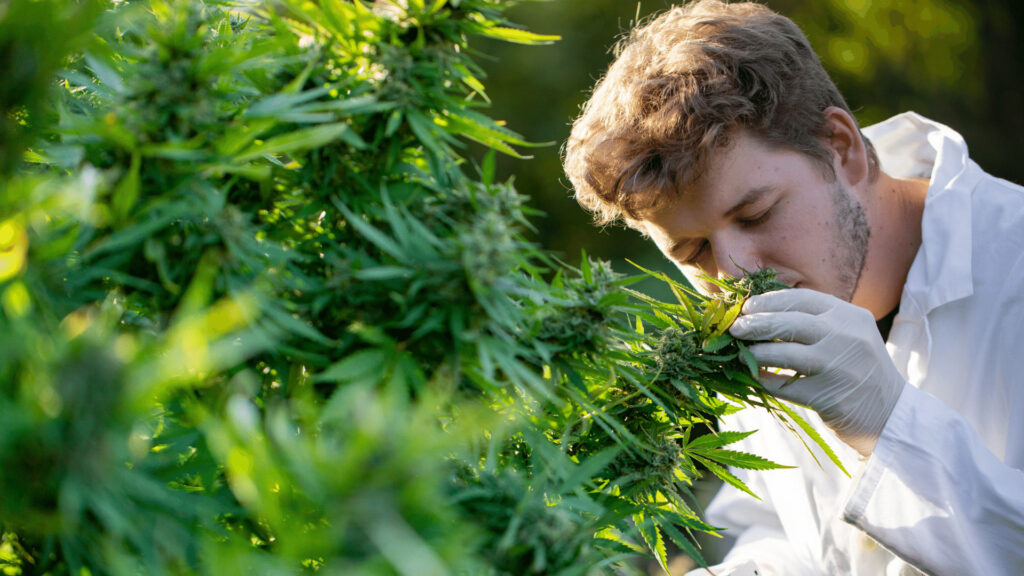
Insomnia patients find it challenging to describe their ailment. Yeah. The COVID scent takes its name from this. Burnt rubber and sweaty socks from a person who has worn their shoes for days are probable odors. Marijuana Castro-Salzman suffered Anosmia and later parasomnia after using COVID-19. She turned to doctors and tried vitamins and medications as a last resort. So yet, though, nothing has worked completely. Despite having a solid understanding of the problem and its language, it looked like there were no solutions. People were unsure whether it would survive.
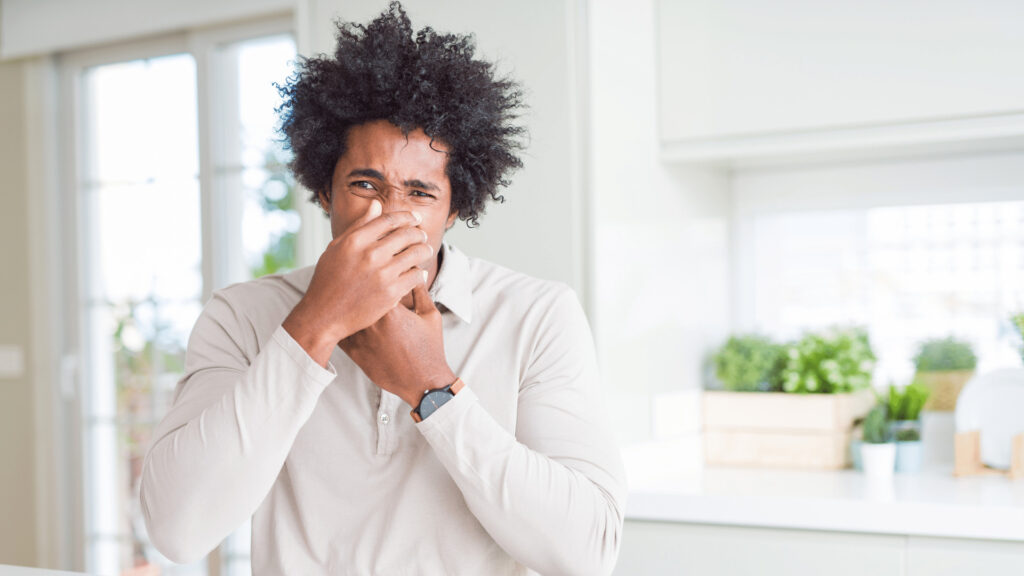
Smell training became second nature to me after that. Both Susan and Mariana tried sniff training to regain their sense of smell. This comprises putting a few drops of various essential oils in jars and smelling them daily. Traditional olfactory training is based on the premise that our brains can renew and adapt to our olfactory nerves. Maintain your sense of smell and remind yourself of the possibility of the new link and pathway to reform. Functional MRI studies have shown that when people are drowsy, the part of their brain responsible for processing their sense of smell becomes more active. I take a huge breath and attempt to remember what it smelled like before I had parosmia. My personal favorites are lavender, peppermint, lemongrass, eucalyptus, and orange tea tree. This has the most authentic aroma I’ve ever smelled. “It brings back recollections of my life before parosmia,” you thought at first. As a final resort, I used my excellent sense of smell. As a result, I would say that lavender signals that things are improving, which they are. I wish you the best of luck in the future.

